How To Carb-Load For a Race
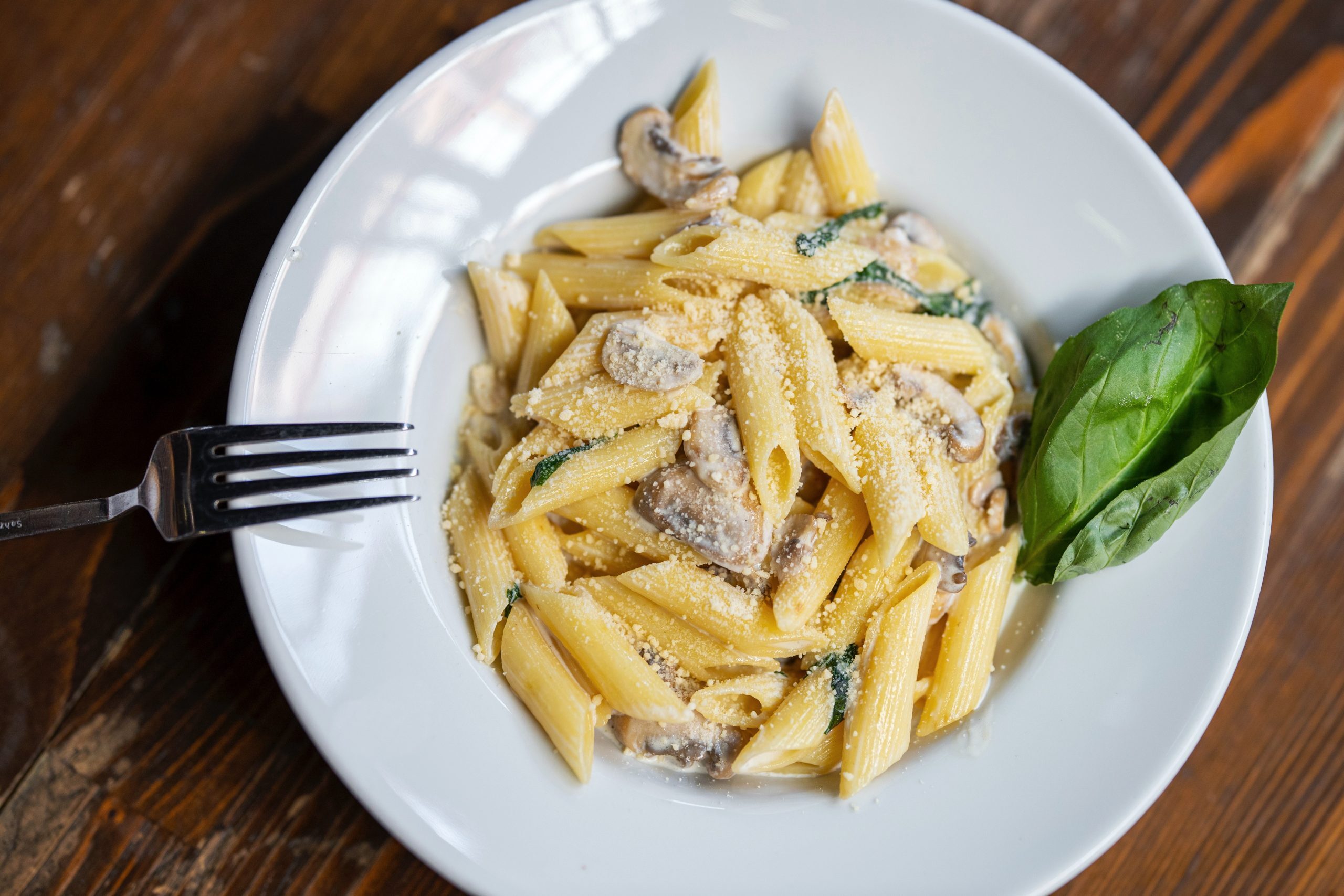
Carb loading is an almost mythical thing to a lot of runners, something we joke about in delight (I get to eat all the carbs, and it’ll help me run faster!), but it’s also something that can be hard to properly understand, and hard to get right.
Here we’ve simplified the science so that you can carb-load your way to a personal best performance, but here’s some top tips before we get into the details.
- Start increasing the amount of carbs you eat from 48-60 hours before your race. Do this by reducing protein and adding more carbs (have jam on toast instead of peanut butter or avocado; skip the pepperoni on your pizza and have gelato for dessert).
- Spread your carbs throughout the day and don’t just have one huge carb-heavy meal. You shouldn’t ever feel uncomfortably full from eating too much
- Drink your carbs: have sports drinks, fruit juice or even soda as a way of increasing your carb intake
- Your race day breakfast is there to top-up your carbs and get you ready to run
- Take on extra carbs during your run to top up your muscle glycogen and avoid hitting the wall
- Practise what works for you in training and in the weeks leading up to your race
WHAT DOES CARB-LOADING MEAN
Carb-loading simply means that we’re consuming extra carbohydrates (usually by reducing protein and fat intake) through food and drink in the days before a race so that we get to the start line with as much glycogen (as much energy) in our body as possible.
WHY ARE CARBOHYDRATES IMPORTANT AND WHAT IS CARB LOADING?
Carbohydrates are a primary energy source for the body. When we eat carbs, they are stored in the body as glycogen, mostly in the muscles, but also in the liver. When we exercise the muscle glycogen is broken down into glucose, which the muscles use for energy.
Think of glycogen in the body like petrol in a car. You can fill up the car’s tank and as you accelerate, the petrol powers the car. Most cars might get 400 to 500 miles out of a full tank of petrol. When the tank is empty, the car stops. Our bodies work in a similar way.
If we fill up our carbohydrate energy reserves (in other words: eat enough carbs, or carb-load) then we can get around 2,000-2,500 calories of energy expenditure before our tank runs dry, which might happen between 16-24 miles of running. If we run out of glycogen our bodies don’t just stop, but you’ll experience what it’s like to ‘hit the wall.’
‘Hitting the wall’ might sound metaphorical, but if it happens to you then it feels painfully real and it’s an enormous struggle to move forward. Part of this is because your muscles have no energy, but your brain also needs glycogen – those who have hit the wall will know that it’s as much of a psychological problem as a physical one.
By carb-loading properly, we’re essentially filling our fuel tank to the top, then by taking on energy during the run (like gels and sports drink), we can delay or even avoid the wall. And that’s why this is so important: it’s the best way to help us perform well in our long workouts or races.
WHEN TO CARB LOAD
Don’t just have one massive meal the night before the race and think that you’re carb-loaded!
The general advice is to begin 48-60 hours before your race, so if your run is on Sunday morning, then that means increasing carbs from Thursday evening or Friday morning.
You don’t ever want to feel like you’re incredibly full and uncomfortable from over-consuming carbs, so spread your carbs out over two-three days. Eat things like oats, bread, pasta and rice with each meal, and consider drinking carbohydrates as well – this could be fruit juice, energy drinks, sports drinks or sodas.
This is especially important for long races (20 miles and above), and research has shown that there’s no real benefit to a specific carb-load for shorter races, though you still need to include carbs in your diet to give you the energy you need to perform well.
HOW (AND HOW MUCH) TO CARB LOAD
Carb-loading doesn’t mean eating excessive amounts of food.
Consuming way more calories than usual can lead to stomach problems on race day, plus you may feel sluggish and unwell, which you don’t want before a race. You should aim to get the right amount of carbs for you. It’s very much a personal thing, and the best way to get it right is to practise it.
You don’t need to increase your overall calorie consumption by too much, and you’ll be reducing protein and fat in place of the additional carbs (so have an extra slice of toast for breakfast instead of eggs or bacon).
There’s varying research on exactly how much we should consume, but the general consensus ranges from 6-12g of carbohydrates per kilogram of body weight per day, with many recommending 10g/kg per day.
It’s also good to know that the average person can store around 600g of glycogen, with 500g of that in muscles and 100g in the liver (this number will vary based on your weight – the bigger we are, the more we can store). This should be a general amount to consider.
But if you’ve ever tried to actually eat this many carbohydrates, then it’s a lot. Just because that’s a general guideline, doesn’t mean you have to force that many carbs into your body if it feels uncomfortable for you, and that’s why it’s important to practise carb-loading to see how many carbs, and what sources of them, work best for you.
Some people prefer rice to pasta, some choose oats over bagels, some go for sweet potatoes where others just eat lots of sweets. It has to work for you – you shouldn’t feel unpleasantly full during a carb-load, and that may be a sign that you’ve eaten too much for you.
If you can get around 100g of carbs into each of your three main meals (that’s the equivalent of a large bowl of oats with banana and honey, one 12” pizza, or a large bowl of pasta), then top that up with drinks and snacks throughout the day, then you’ll be in a good place.
You should also think about the things you eat with your carbs as you want to reduce your protein and fat intake. There’s also general advice to reduce fibre content and avoid spicy foods. Just eat the foods that you know work for you, even if that means you eat nothing but rice for three days!
One thing to know is that when we carb load, our body also holds onto extra water, so you may feel a bit bloated, especially as you’ll be drinking extra water (and energy drinks) in the days before the race. Don’t worry though, as we’ll just pee this out (that’s one reason why portaloo queues are so long at races!).
DEPLETING GLYCOGEN
Since the 1980s there has persisted an idea that runners could ‘super-compensate’ their muscle glycogen stores by depleting all their glycogen before a carb load, but that’s since been debunked.
It involved running a very hard workout a week before a race to deplete muscle glycogen, then consuming a low carb diet for three days before a three-day carb-load, but lots of runners ended up having stomach issues because of this, and now it’s thought that the depletion is unnecessary. Just focus on eating good carbs in the two or three days before the race.
MAKE SURE YOU PRACTISE CARB-LOADING (AND CONSUMING CARBS WHILE RUNNING)
As you get into the longer training runs, you should think about eating extra carbs (think of it like a mini carb-load) in the 24-36 hours before, as it can help you work out what foods work for you. Different carbohydrate sources can work differently with each of our stomachs, as can the foods we eat with them – you want to know what works (and definitely what doesn’t) long before you stand on the start line.
This also extends to race breakfast and working out what is best for you, and how long before the run you should eat it. Some people like bagels two hours before, while others eat rice four hours before. There are no rules, it just has to work for you.
And of course, you want to practise taking gels and energy drinks during your longer runs. At some point in a marathon, no matter how perfectly you carb-load, you will run out of glycogen stores unless you top them up with more carbs.
Do you have any tips you’d like to share about carb loading? What carbs have you found work best for you?

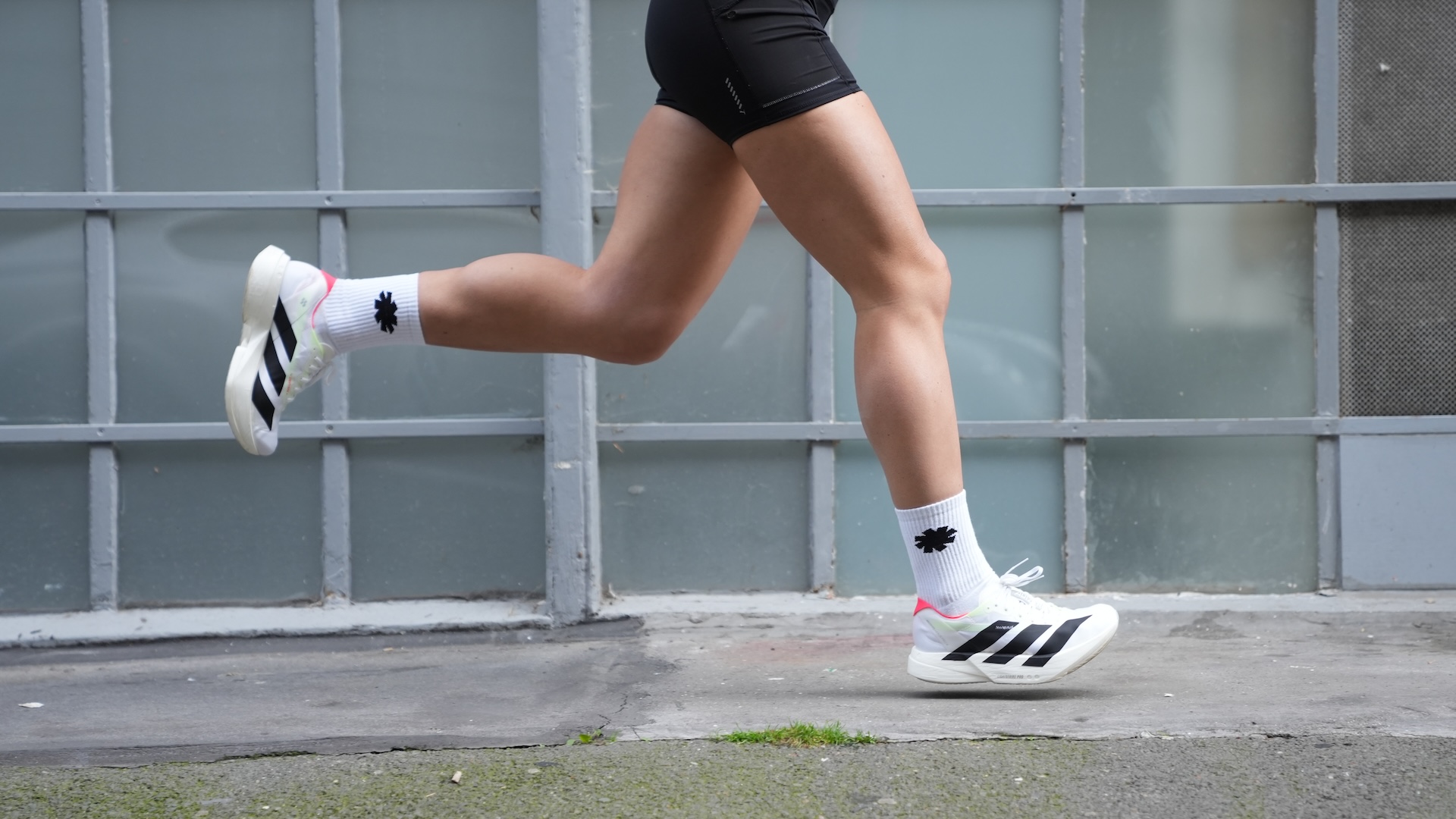
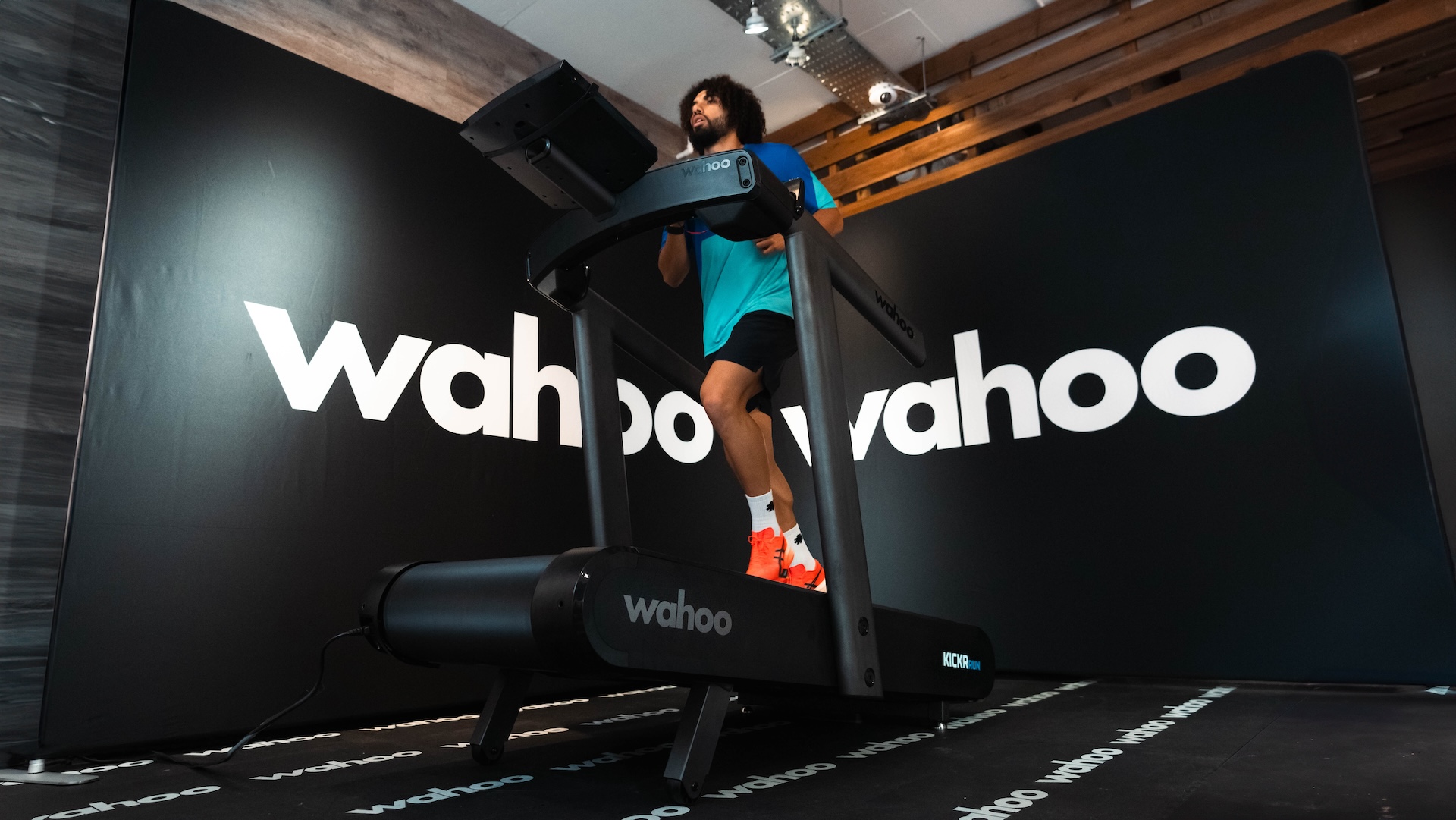
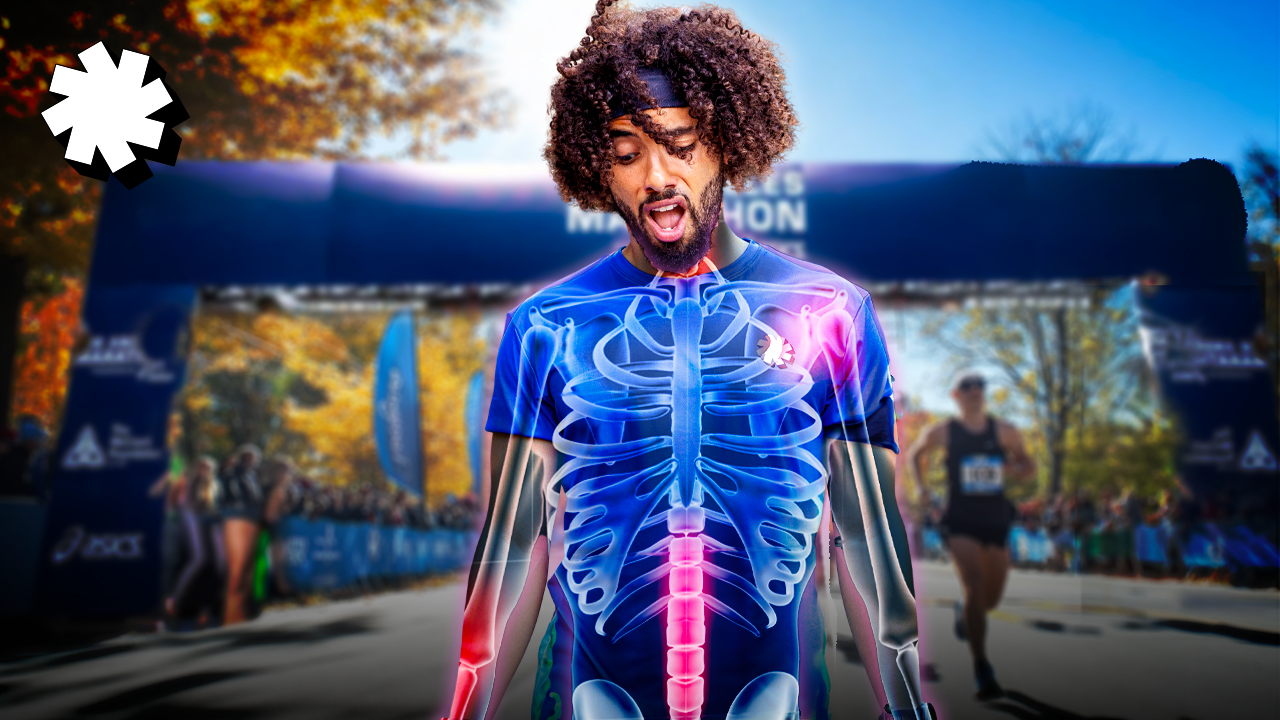
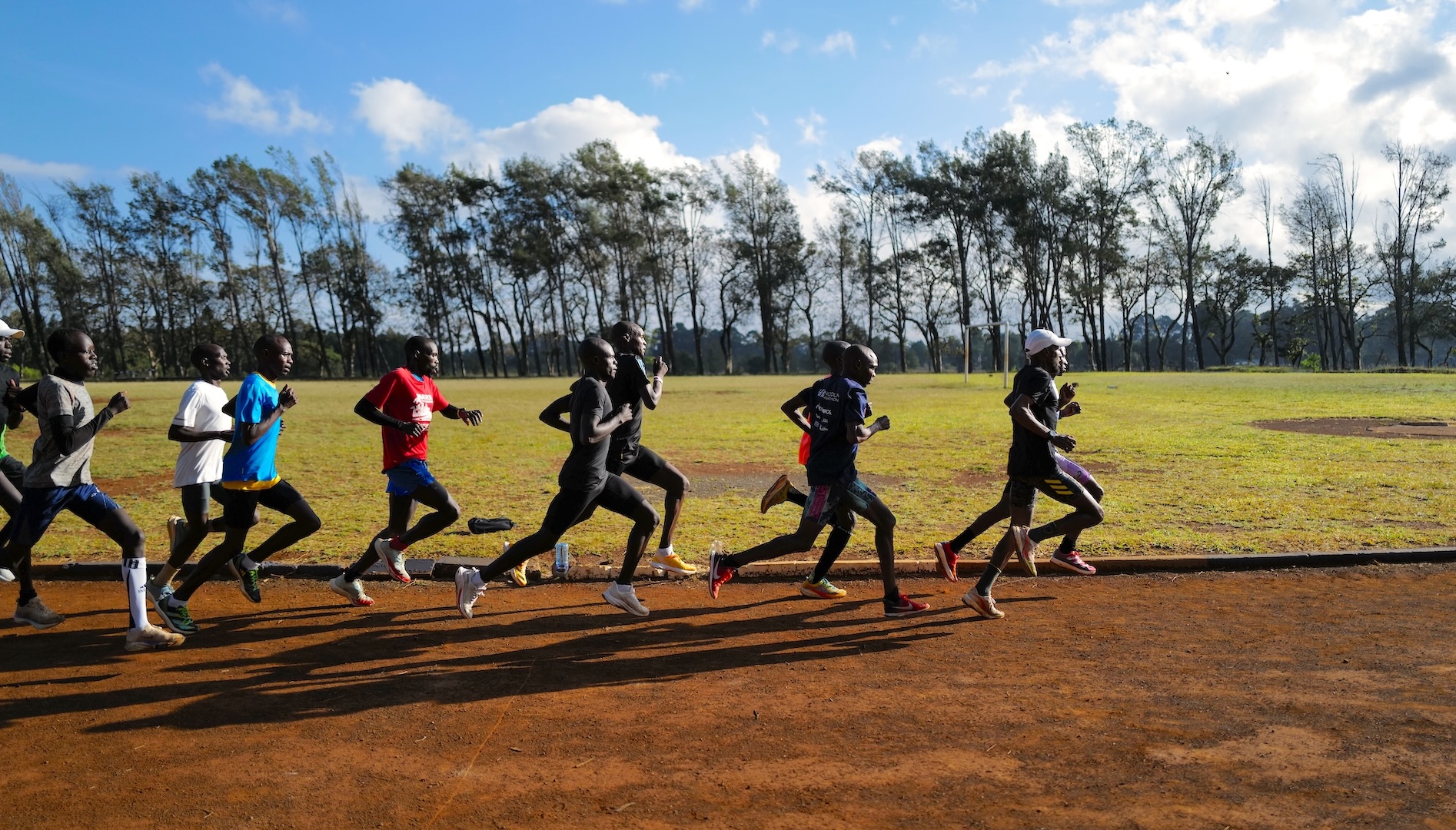
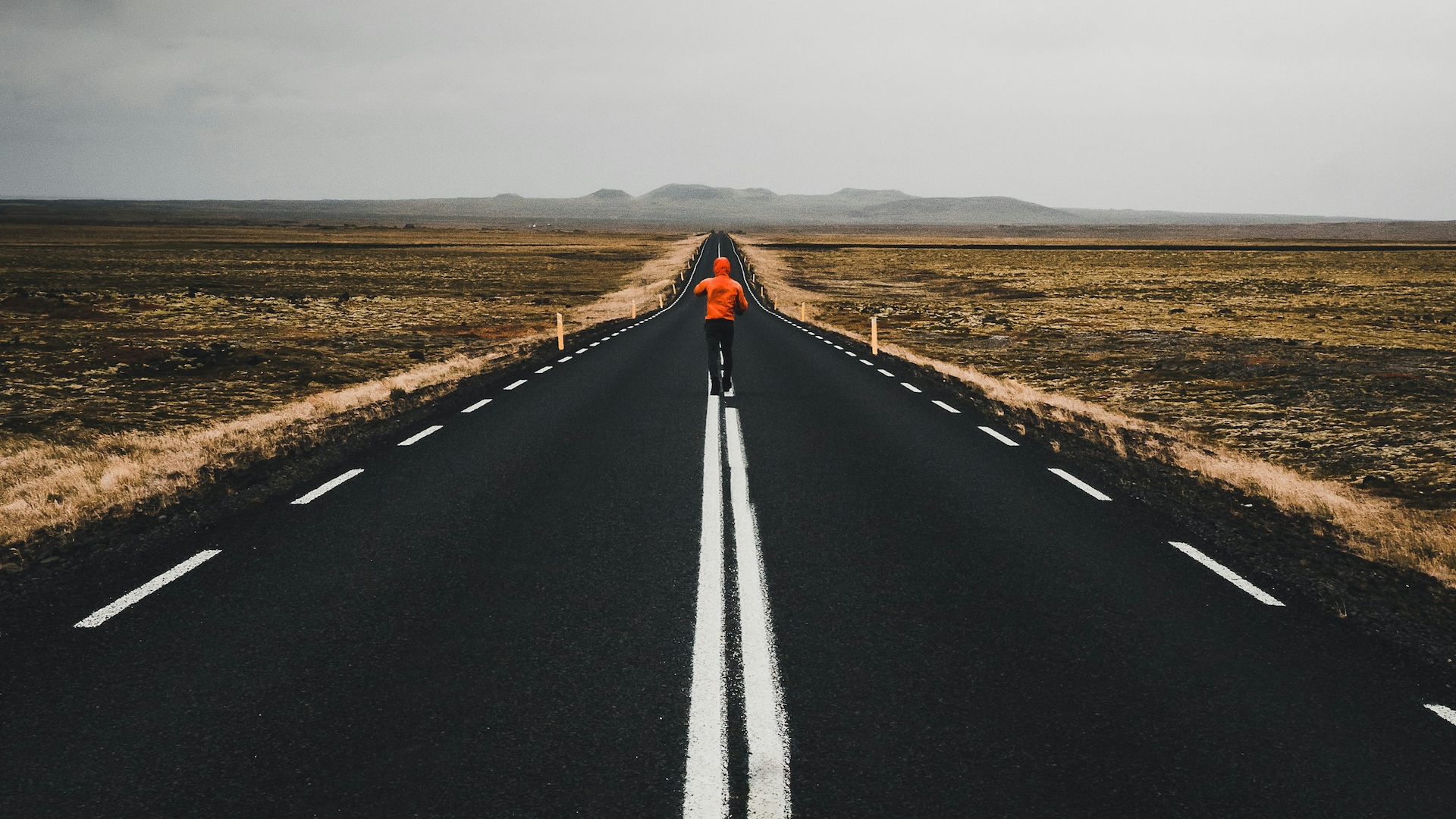

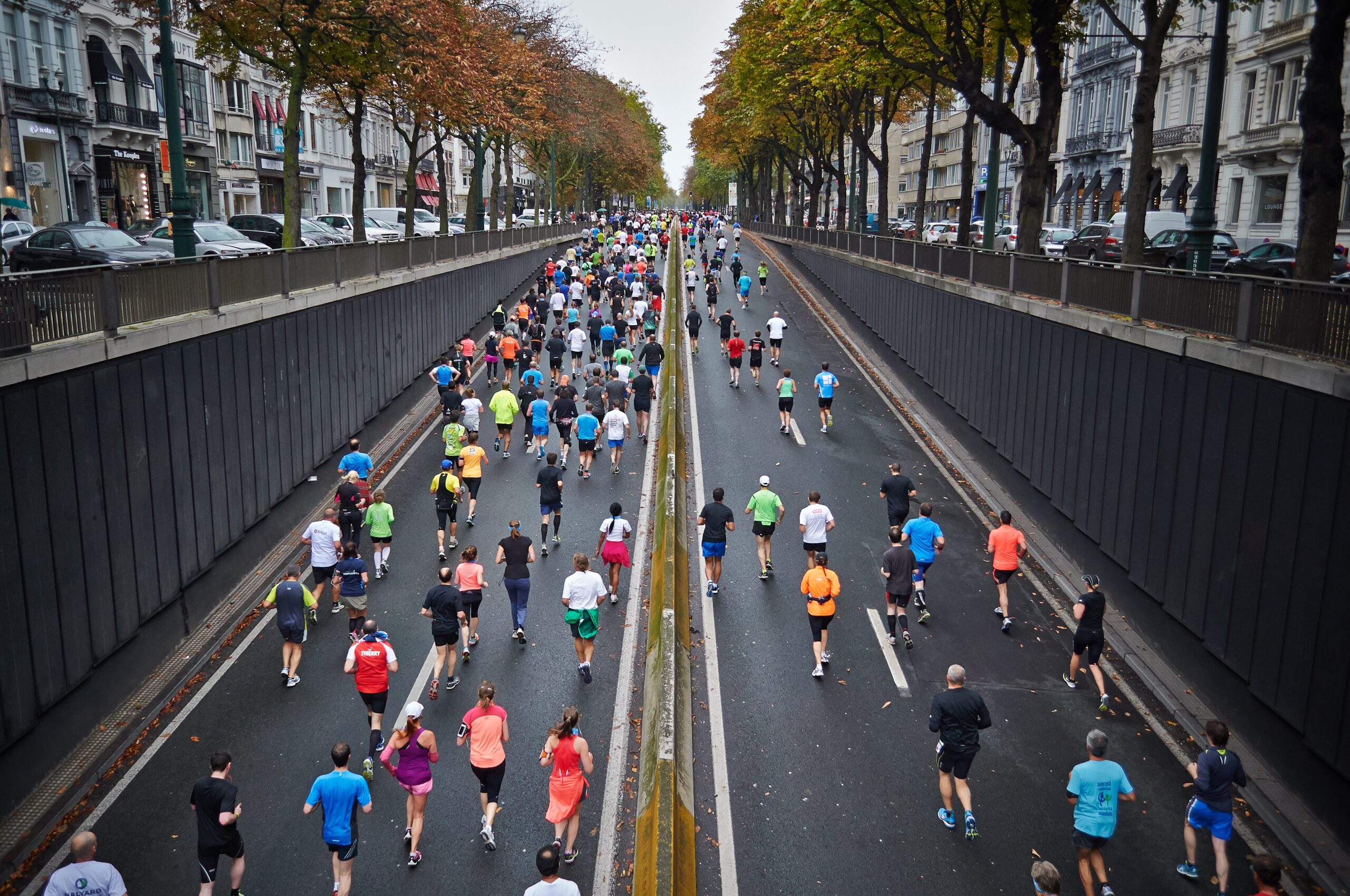














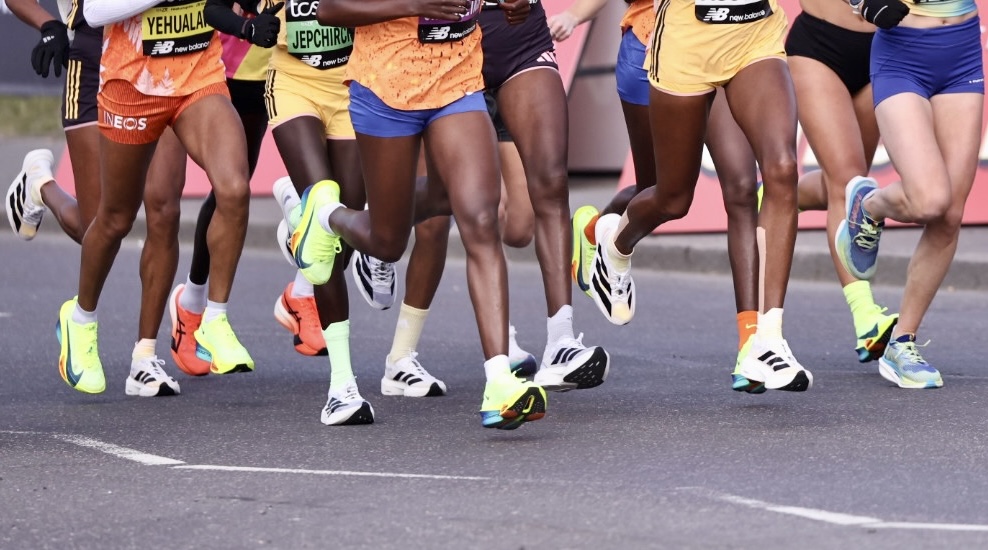
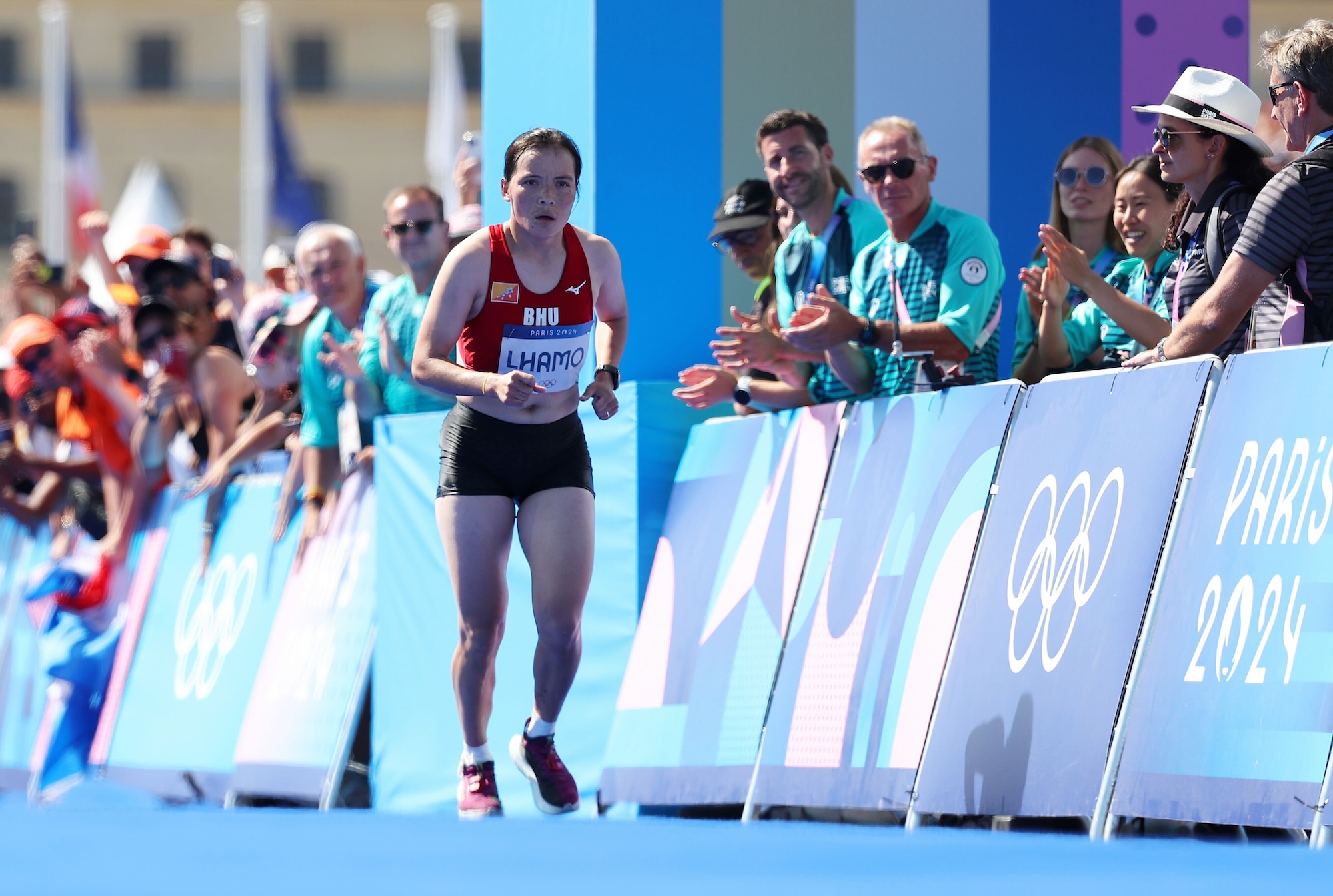


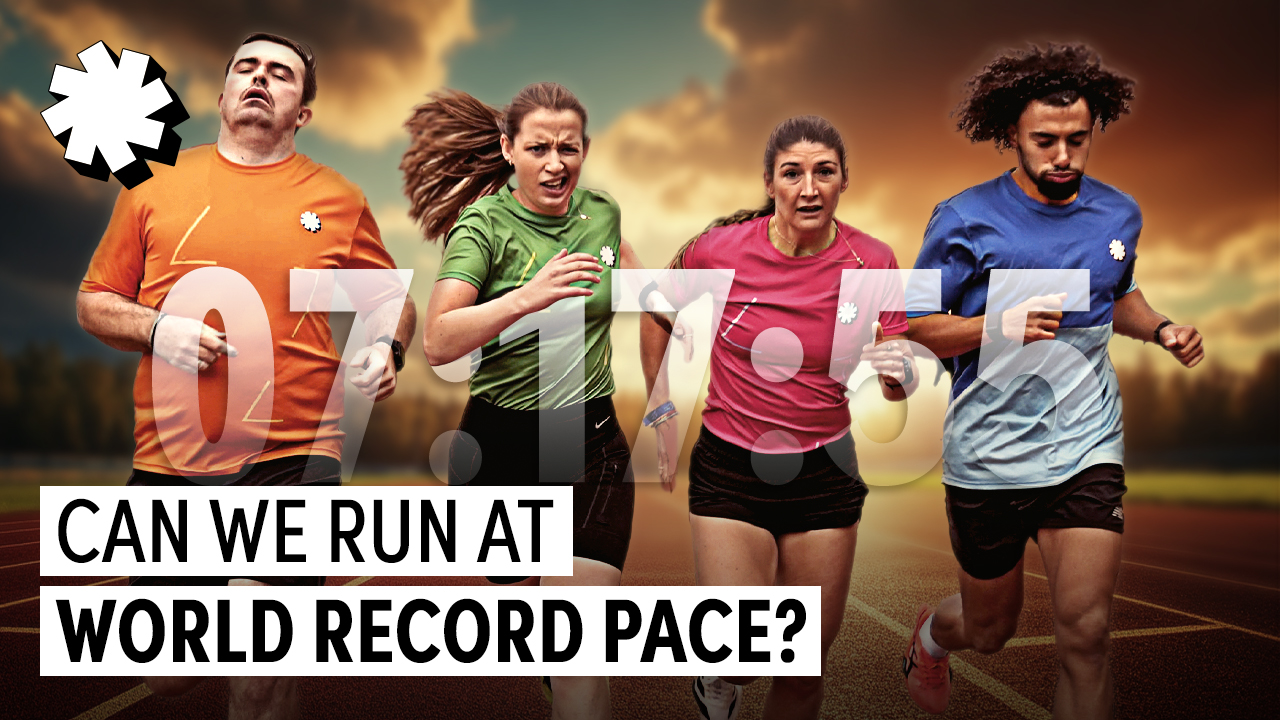

Running News
Could Shanghai Marathon Become A World Marathon Major?
Mengesha and Ketema Win The 2024 Berlin Marathon
ATHLOS 2024: An Incredible Night Of Women’s Track Racing in NYC